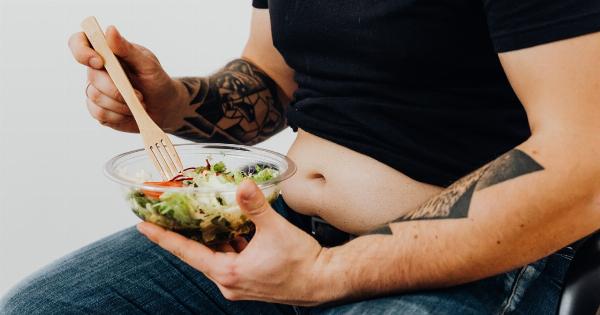As a new puppy parent, it’s important to ensure that your furry friend is getting the right nutrition to support their growth and overall health. Here is a checklist of essential nutrients your puppy needs for optimal health:.
Protein
Protein is essential for your puppy’s muscle development, as well as repairing and maintaining healthy tissues. Look for high-quality proteins sources, such as chicken, beef, turkey, and fish.
Avoid fillers and by-products such as corn, wheat, and soy.
Fat
Fat is key in providing your puppy with the energy they need to stay active and grow. Look for sources of healthy fats, such as salmon oil, flaxseed oil, and chicken fat. Avoid fats that can be harmful, such as trans fats and saturated fats.
Carbohydrates
Carbohydrates provide your puppy with the energy their body needs to function properly. Look for quality sources of carbohydrates, such as sweet potatoes, peas, and barley. Avoid foods with excess carbohydrates such as white bread and pasta.
Fiber
Fiber is crucial for your puppy’s digestive health. Look for foods that contain fiber-rich ingredients, such as brown rice, oatmeal, and quinoa. Avoid foods with excess fibres which can prevent nutrient absorption in the digestive tract.
Vitamins
Vitamins are crucial in maintaining your puppy’s overall health. Look for foods that are fortified with essential vitamins, including A, D, E, and K.
Avoid foods with synthetic vitamins, as they may not be adequately absorbed by your puppy’s system.
Minerals
Minerals are nutrients that support your puppy’s bone and teeth development, as well as maintaining fluid balance in their body. Look for foods that are high in essential minerals, such as calcium, phosphorus, and potassium.
Avoid foods that are deficient in these nutrients or have excess amounts of sodium.
Water
Water is key in keeping your puppy hydrated and maintaining healthy function of their organs and tissues. Ensure there is always access to clean, fresh water, especially during playtime and exercise.
Portion Control
It’s important to control the amount of food your puppy eats daily. Overfeeding can lead to obesity and health issues.
Use the serving recommendations provided by the food manufacturer and adjust accordingly depending on your puppy’s breed, age, and physical activity level.
Frequency of Feeding
Young puppies should be fed smaller meals more frequently throughout the day to support growth and development. As your puppy gets older, you can transition to feeding them larger meals less often.
Avoid feeding your puppy right before exercise and avoid snacks that can lead to extra calories.
Consult Your Veterinarian
Your veterinarian can provide recommendations on the best nutrition plan for your puppy and can help monitor their growth and health. It’s also important to consult with them before making any changes to your puppy’s diet.





























